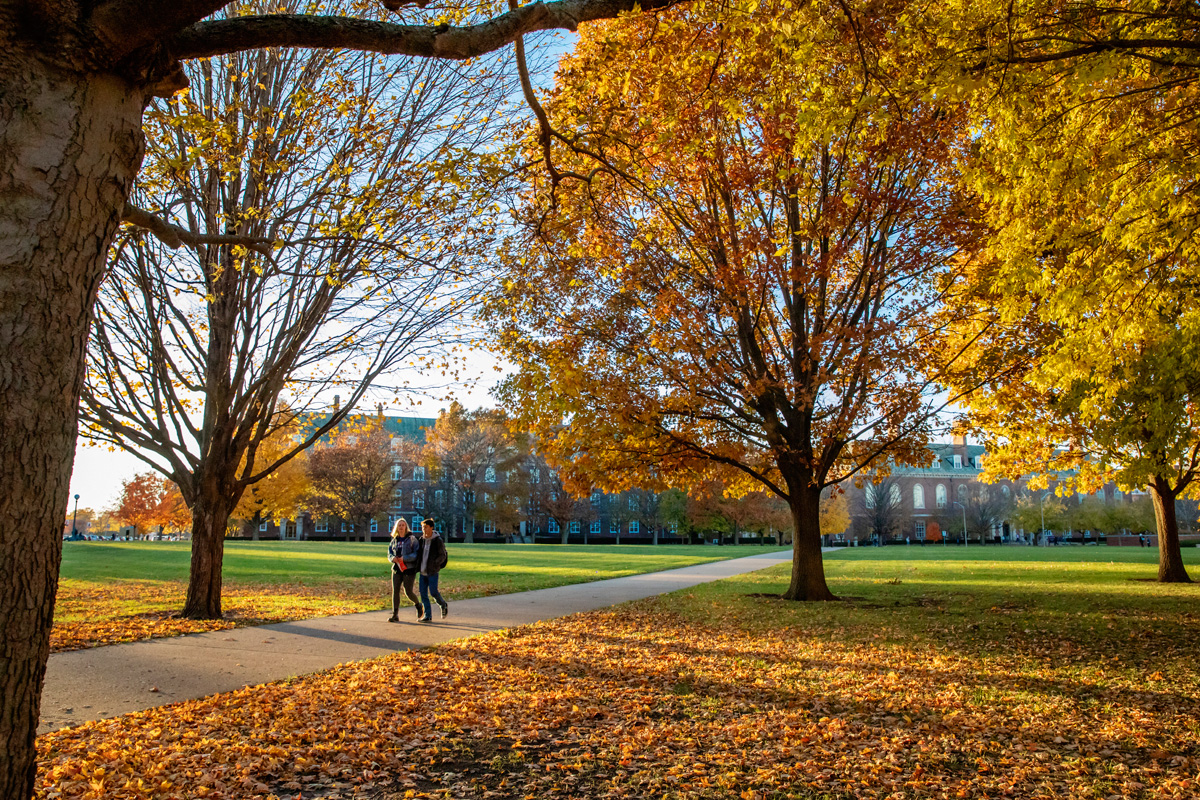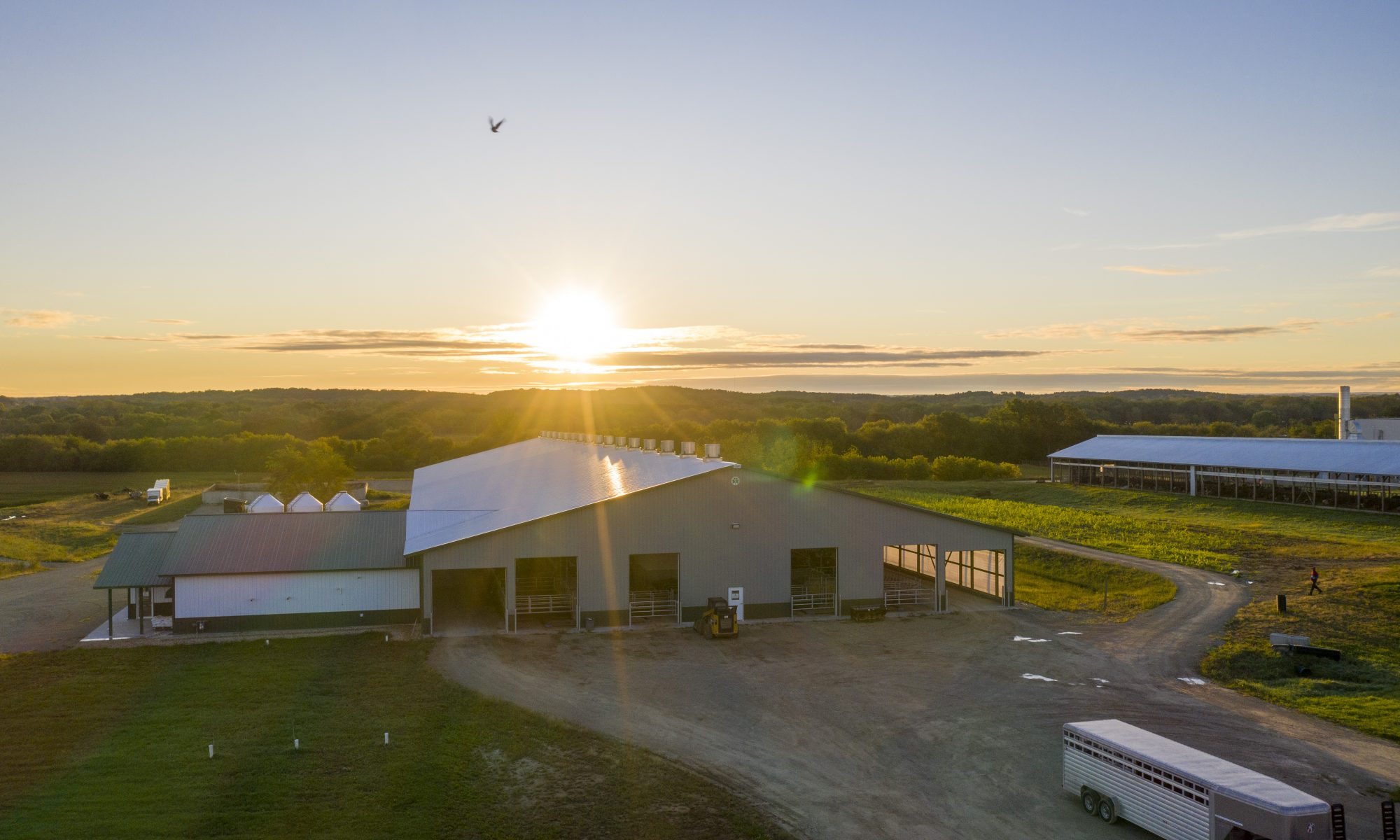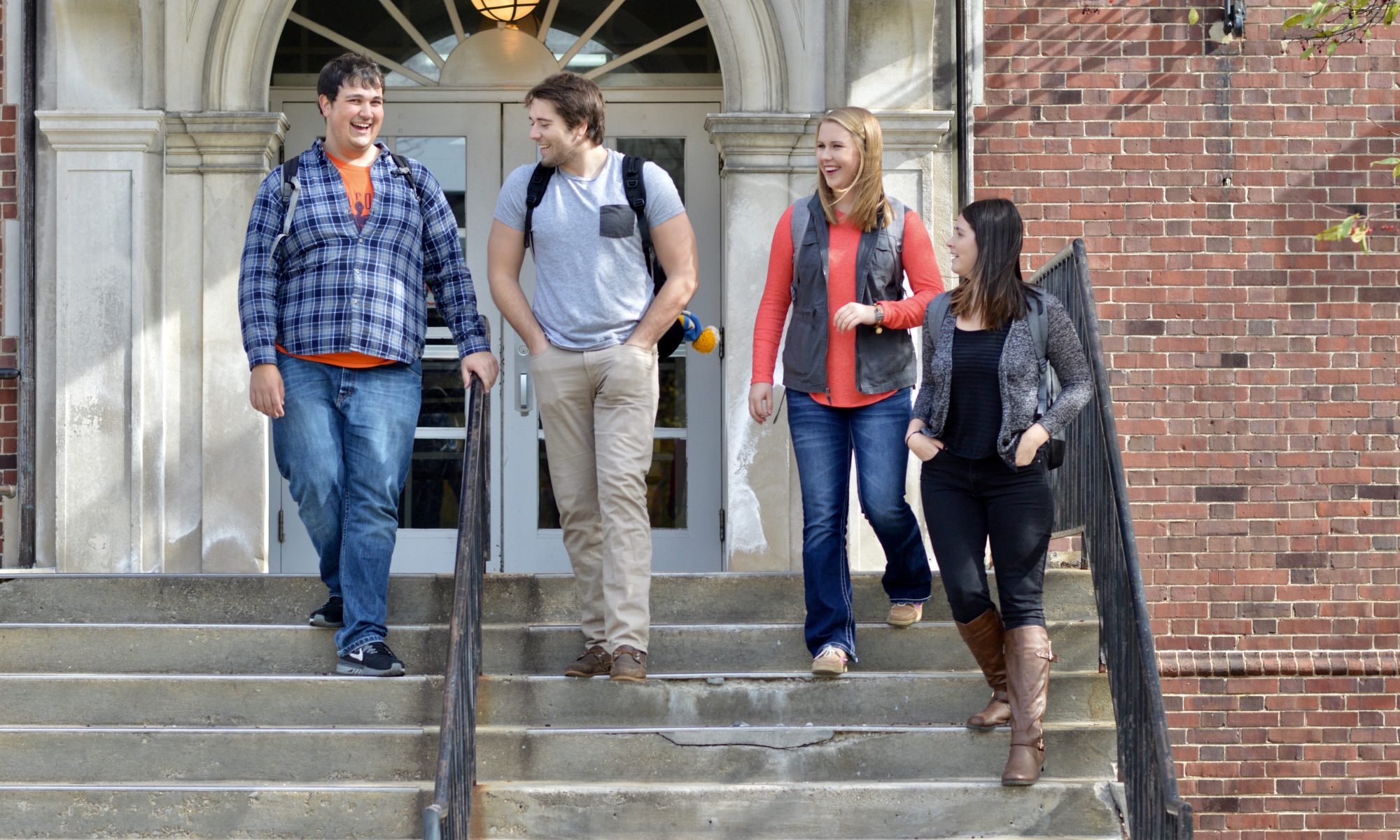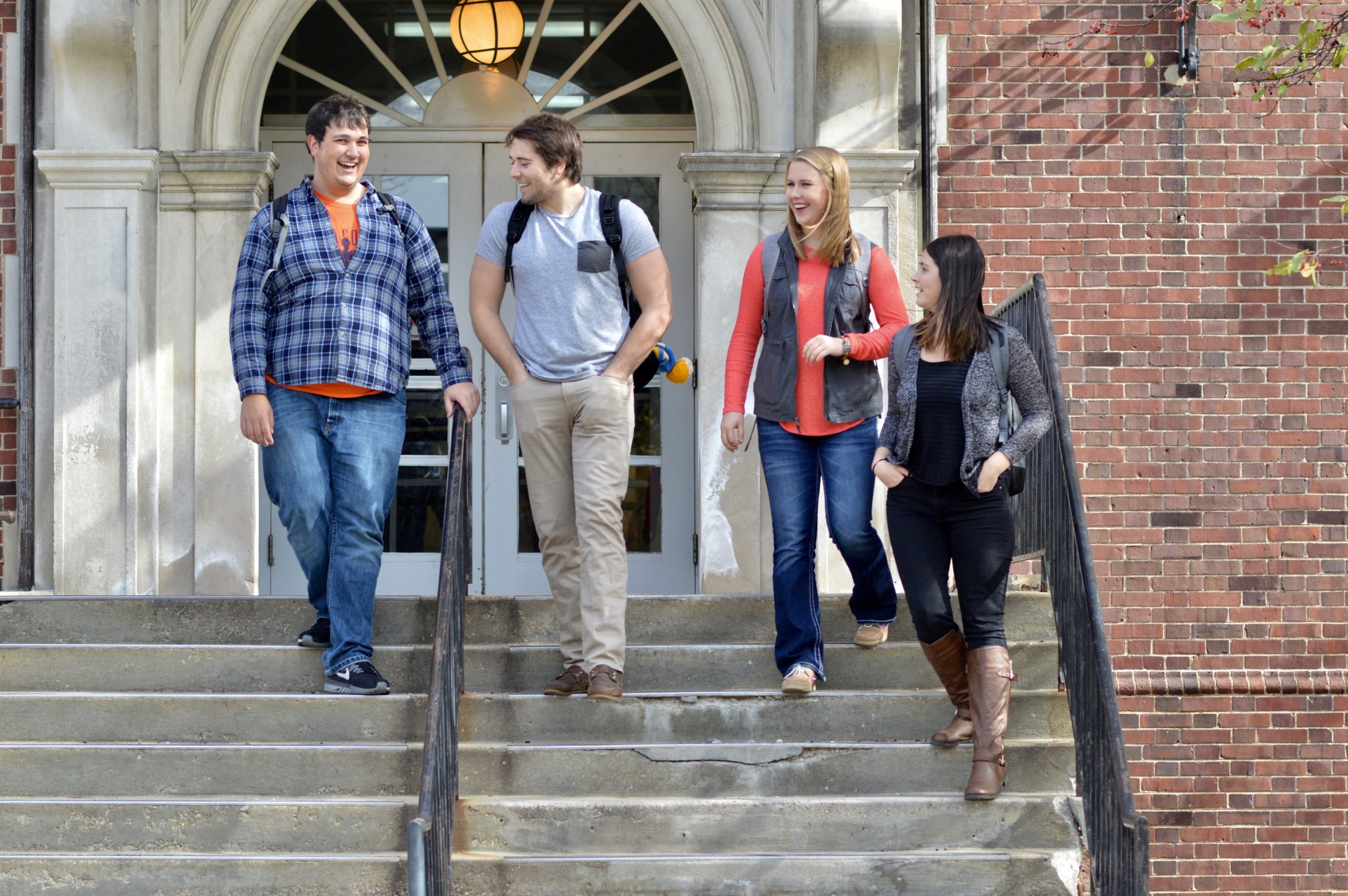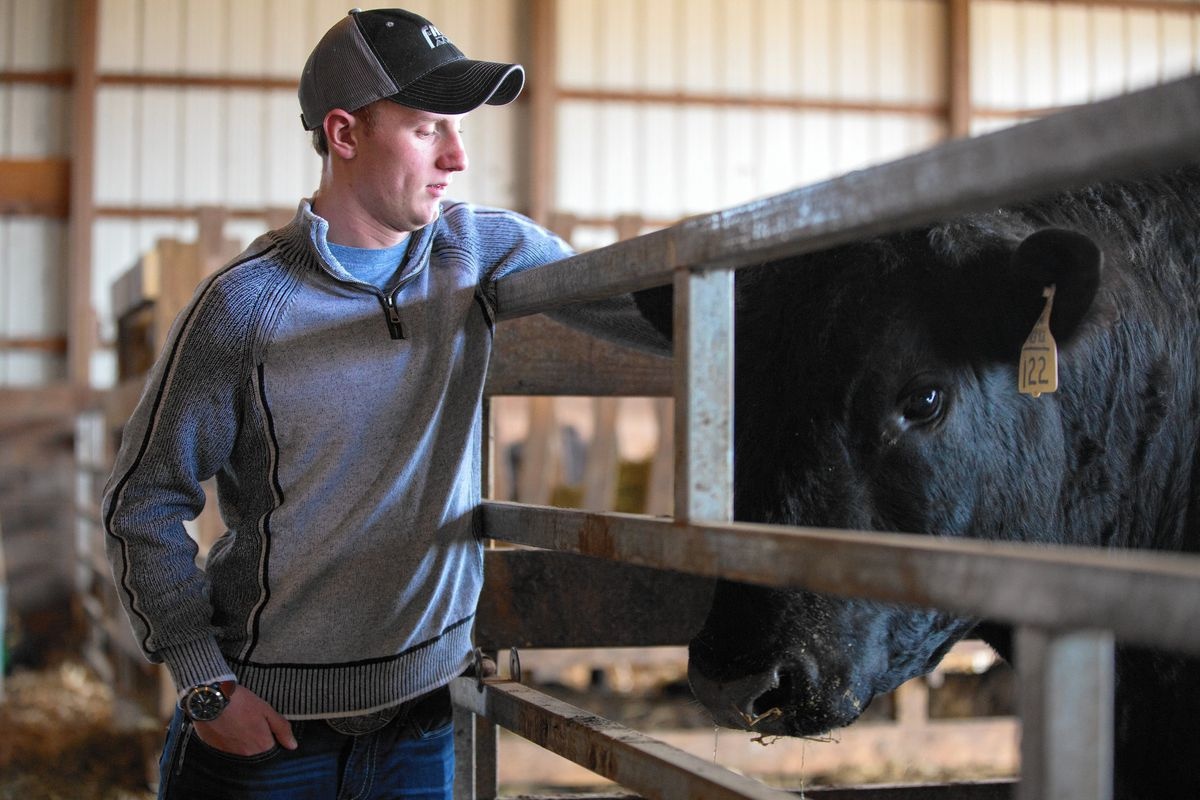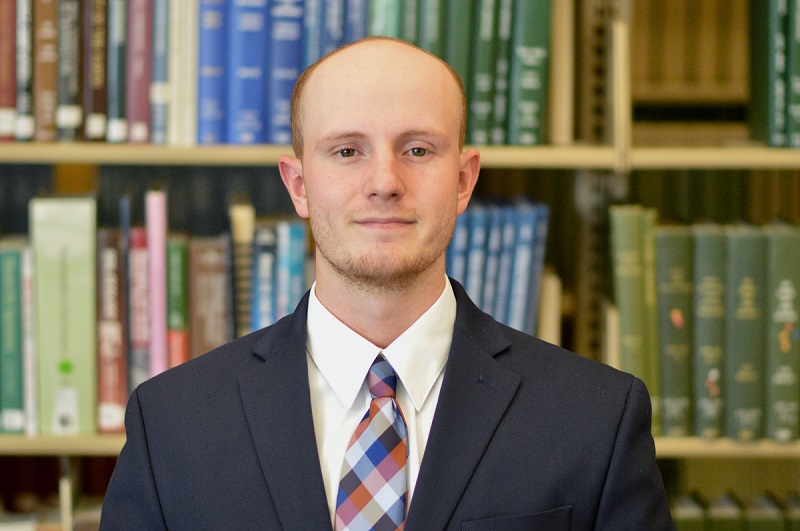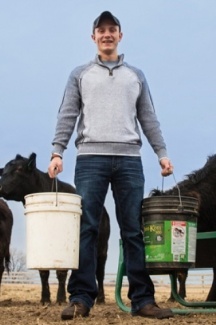We get a lot of questions about the MAAE program. It has some unusual processes and the structure is different than a regular two-year, thesis-driven graduate program. But that is what makes it especially valuable to many students! Here are some of the most frequently asked questions and our responses.
Frequently Asked Questions
What does a combined degree/4+1 program mean?
A combined degree, also called a 4+1 program (or even a 3+1 or 3.5+1), refers to a program in which you complete your bachelors and masters degree program requirements and share some amount of credit hours between the two programs. Both degrees are conferred at the same time when all requirements are met.
The 4+1 MAAE is a combined degree with the ACE B.S. degree. You may share up to six elective hours (400-level) between the two programs. We refer to this as “double-dipping” credits. This brings the total required hours for the MAAE degree from 32 to 26 hours. Your B.S. degree requirements are unchanged.
Should I apply for the combined BS/MAAE (4+1) or the standalone MAAE?
Are you a University of Illinois ACE undergraduate wishing to complete the masters program directly after your B.S.? Apply for the combined BS/MAAE.
If you are not a University of Illinois ACE student and/or if you are taking a gap between your B.S. and masters studies, apply for the standalone MAAE.
What is the difference between the standalone MAAE and the combined BS/MAAE?
The combined BS/MAAE is for ACE undergraduates enrolling in masters studies directly after completing their B.S. requirements. The combined MAAE can be competed with 26 graduate-level credit hours, while the standalone MAAE requires 32 graduate-level hours. See the timeline differences here.
What does the admissions committee consider a “strong application”?
- Overall GPA above 3.25
- Good performance in intermediate microeconomics, advanced statistics, and mathematics (preferably differential calculus)
- Strong recommendation letters from at least two academic sources and one other professional or academic source
- That you are on-track to fulfill all ACE B.S. requirements
Which undergrad courses will best prepare me for the MAAE?
- Intermediate microeconomics: ACE 300 (taught as ACE 398 before fall 2020) or ECON 302
- Advanced statistics: ACE 262/264 (taught as ACE 261 before fall 2020) or ECON 202 and 203
- Calculus, preferably differential/Calculus I: MATH 220, Calculus II: MATH 231
Although alternative course numbers listed above may fulfill ACE B.S. requirements, we recommend you take the ACE versions whenever possible.
Does transfer credit count?
Yes, and you should have strong grades in those classes regardless of institution.
How long will it take to complete the MAAE?
Once you fulfill all ACE B.S. requirements, the masters portion can be completed in two semesters and usually one summer for an internship (before or after you complete the masters-level coursework).
What are the application steps?
In short, submit a provisional application (first-stage) during your junior-standing year. Maintain good student status. Then, submit an official application (second-stage) through the Graduate College application during your senior-standing year. More details.
When are applications due?
January 15th for fall cohort. October 15th for spring cohort.
What is the “provisional application”?
The provisional application is only required for the combined BS/MAAE. It must be completed while an ACE student is in their junior-standing year and does not replace the official application they will submit through the Graduate College their senior-standing year. If admitted, the “provisional admittance” is the necessary first step for combined degree students to begin planning out and even taking graduate-level coursework towards your MAAE. That will enable you to complete both your B.S. and MAAE as a combined degree in a shortened timeline. Provisional status means that your official entry into the master’s degree portion is contingent on several factors:
- That you maintain an overall G.P.A. of 3.25 or higher
- That you focus on good performance in any remaining coursework requirements in intermediate microeconomics (ACE 300), statistics (ACE 262 and 264), and mathematics to ensure good preparation for graduate studies in ACE.
- That you continue to receive positive recommendations from your instructors and advisors
- That you remain on-track to fulfill all ACE B.S. requirements
When do I get my bachelors and masters degrees if I am in the combined BS/MAAE (4+1) program?
As a combined program, you will receive both degrees at the same time, upon completion of all your undergraduate and graduate program requirements.
Can I take ACE 500. ACE 562/ 564, or a graduate-level elective as an undergraduate, and count towards the MAAE requirements?
Undergraduates can take grad-level coursework, given they have taken the prerequisites, receive permission from the instructor and there is space in the class. You should have performed well in the prerequisites and feel confident in moving up to the grad-level curriculum. See the prerequisites below. Yes, the course work can count towards your MAAE requirements.
- ACE 100 >> ACE 300 (formerly ECON 302 or ACE 398) >> ACE 500
- ACE 562/564 prereqs/Statistics/Econometrics
- ACE 262 and 264 (formerly ACE 261 or ECON 202 and 203) >> ACE 562 and 564
Can I start the program in spring of my senior year?
Yes, but it is off-cycle, so the timeline is different. ACE 500 and ACE 562/564 are MAAE requirements that are currently only offered in the fall semester, so you would have to successfully complete those during the fall of your senior year in order to move forward with your graduate requirements. That may mean you are short on undergraduate hours, but those could possibly be taken during your graduate program if approved by your advisor. You will be considered a graduate student during your last two semesters, so spring and fall (and summer if taking courses).
If I was provisionally admitted, do I have to create a new application for the full application through the Graduate College?
Yes, you must create a new application to the graduate program. You will use the same login information as when you created your provisional app, but you will go to this URL instead: http://choose.illinois.edu/apply. Some information will push over (like personal info, academic history, and test scores), but you will need to select the new degree/term in the program page, upload new documents (you could use the same ones, just need to be uploaded again, but you must add your most recent transcript), and add references (can be same references, just need to be added to the references page in the app). If your references are the same, they will not be notified; we will use their original references. You will also need to pay the app fee.
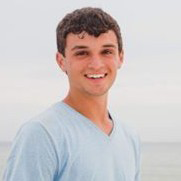



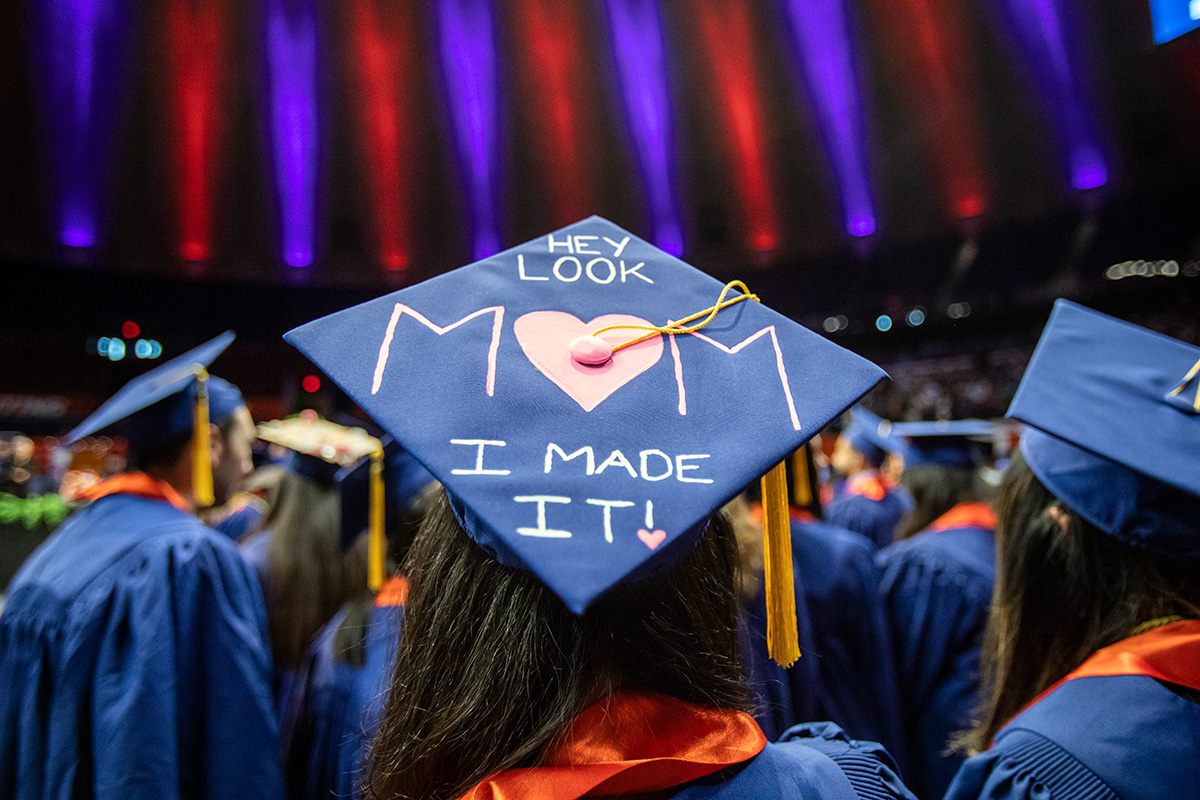
 Nicholas Schilling
Nicholas Schilling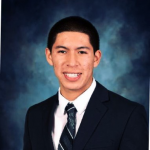 Noah Gonzalez
Noah Gonzalez Meghan Selip
Meghan Selip